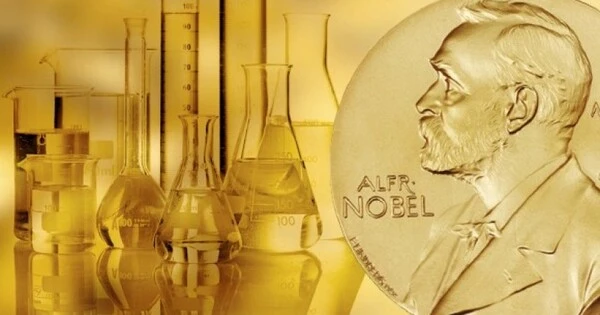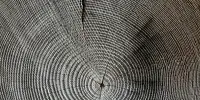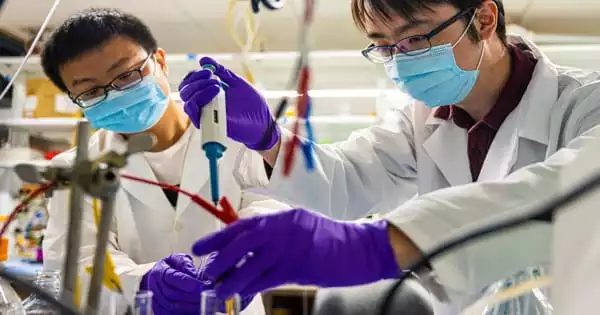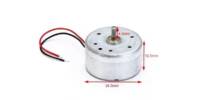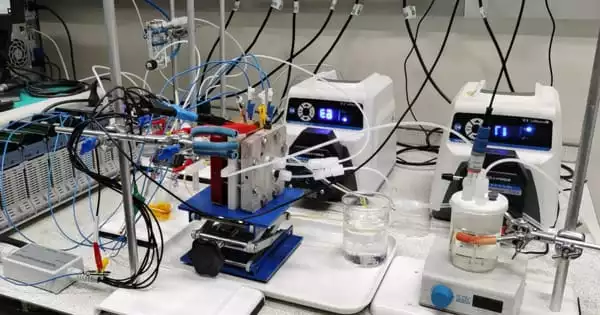The 2023 Nobel Prize in Chemistry was awarded to two American scientists and one Russian for the discovery and production of quantum dots, which helped fuel a revolution in nanotechnology.
Moungi Bawendi, Louis Brus, and Alexey Ekimov will split the prize equally for their findings on the unique features of nanomaterials and how to produce them, which cleared the door for wide-ranging applications in consumer electronics, biology, and medicine.
Bawendi is an MIT-based American chemist of French and Tunisian heritage, Brus is a Columbia University chemist, and Ekimov is the principal scientist at Nanocrystals Technology, a New York-based startup.
The three identities were leaked earlier in the morning in an email to a Swedish newspaper, in a humiliating episode for the academy. The chair of the academy’s Nobel committee for chemistry, Johan qvist, stated that at the time of the inadvertent email, the academy had not yet made a decision on the prize winners and, when asked, did not rule out the uncomfortable possibility that other scientists were being considered at the time.
The Nobel Prize in Chemistry 2023 rewards the discovery and development of quantum dots, nanoparticles so tiny that their size determines their properties. These smallest components of nanotechnology now spread their light from televisions and LED lamps, and can also guide surgeons when they remove tumour tissue, among many other things.
“There was a press release sent out for still unknown reasons,” he said. “We deeply regret that this happened. The important thing is that it did not affect the recipients in any way.”
Åqvist said a decision on the winners was taken only at the morning meeting of the academy, which “is not just a formality”. “A decision is not made until the whole academy has met,” he said. The precise decision-making procedure is confidential and, according to Nobel practice, will only become public 50 years from now.
The laureates, on the other hand, were oblivious to the drama, with Bawendi claiming that the academy had woken him up. “I am very surprised, shocked, sleepy, and very honored”, stated the man. “It’s a field with lots of people who have contributed to it from the beginning,” he stated. “I didn’t think I’d be the one to win this prize.” We’re all collaborating.”
While on a trip to Mexico, Ekimov was reached via phone, but Brus had not been reached by the time the official statement was made.
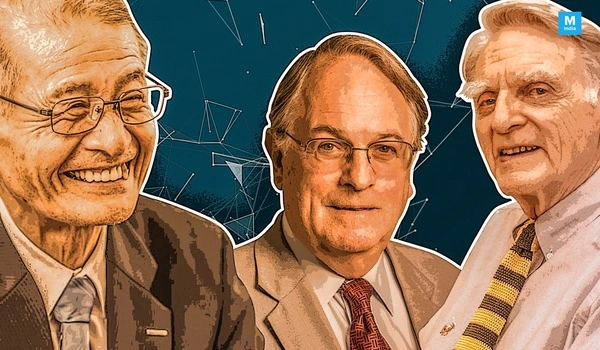
Quantum dots are nanoparticles so tiny that their size determines their properties. They are widely used in television screens, and LED lamps and to guide surgeons removing tumor tissue. In chemistry, the properties of a material are normally governed by its chemical makeup. But when material comes in nano-dimensions – as is the case with quantum dots – its size affects its color and other properties.
This was known theoretically, but Ekimov demonstrated it experimentally when investigating colored glass. When he stained glass with copper chloride, he noticed that the color changed depending on how long and how high it was heated. This was seen by X-ray imaging because the manufacturing process had changed the size of microscopic crystals of copper chloride that had formed inside the glass. He published his discovery in a Soviet scientific magazine in 1981, but experts on the other side of the Iron Curtain were unaware of it.
A few years later, Louis Brus was working at Bell Laboratories in the US, looking at using solar energy to drive chemical reactions of tiny cadmium sulphide particles floating in the solution. He noticed that the optical properties of the particles changed after he left them on the lab bench for a while and guessed it was because the particles had grown. He also realized this was due to a size-dependent quantum effect.
Moungi Bawendi revolutionized the methods for the chemical manufacture of quantum dots in 1993, resulting in nearly flawless particles with controllable size. This high-quality manufacturing technology paved the path for their expanded commercial and medicinal applications.
During a press conference, the committee was asked about the decision to honor a Russian scientist in light of Russia’s invasion of Ukraine. “When it comes to awarding the prize, we simply follow the procedure of identifying the most significant discoveries and the most significant contributors to those discoveries.” Nationality is irrelevant here. That is in accordance with Alfred Nobel’s wishes.”
“The recognition of this work on quantum dots is really exciting and shows how chemistry can be used to solve a range of challenges,” said Prof Gill Reid, president of the Royal Society of Chemistry. These extraordinary nanoparticles have enormous potential for creating smaller, faster, smarter gadgets, improving the efficiency of solar panels and the brilliance of your television screen.”
“Great science benefits from diverse viewpoints as part of a collective endeavor, and this year’s prize is a great example of that – people working in different labs, in different countries, approaching a problem from different angles,” she said.
